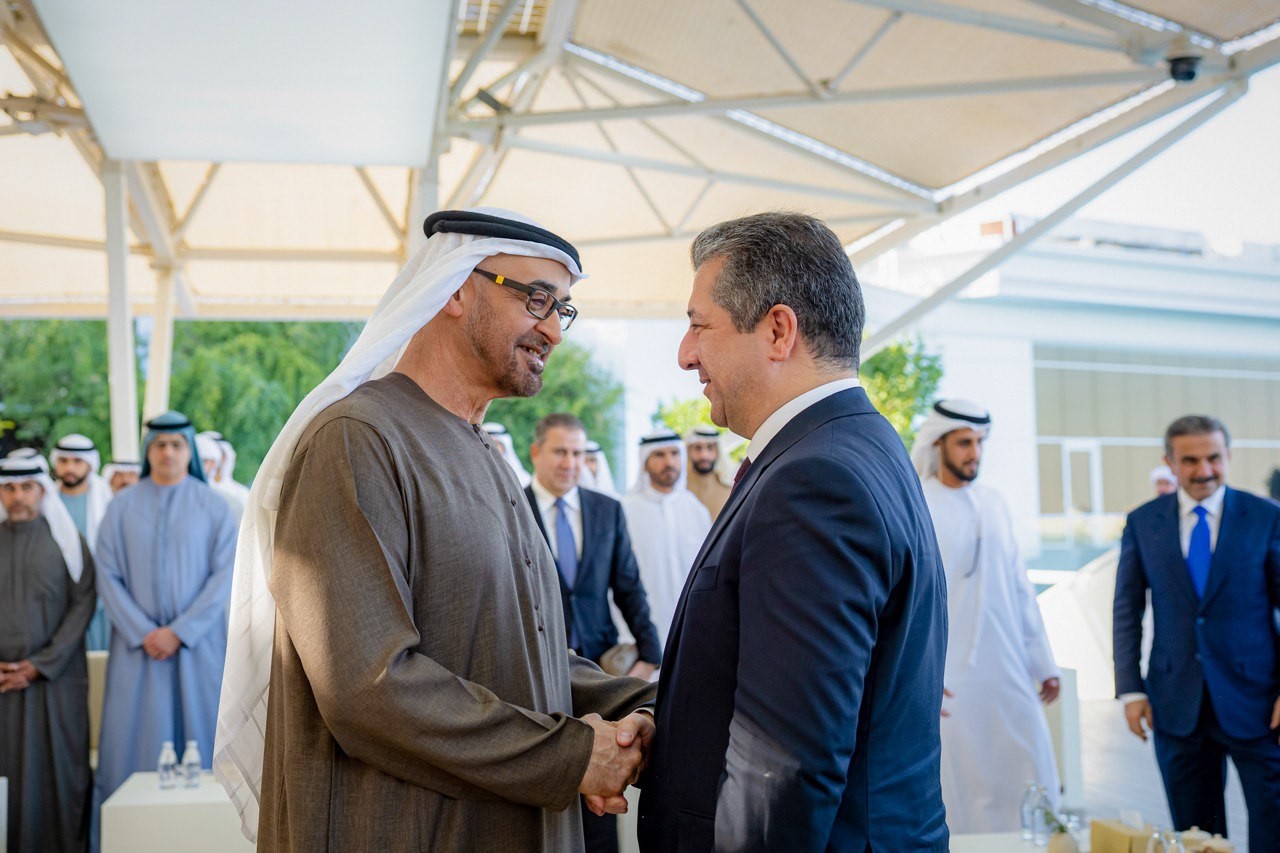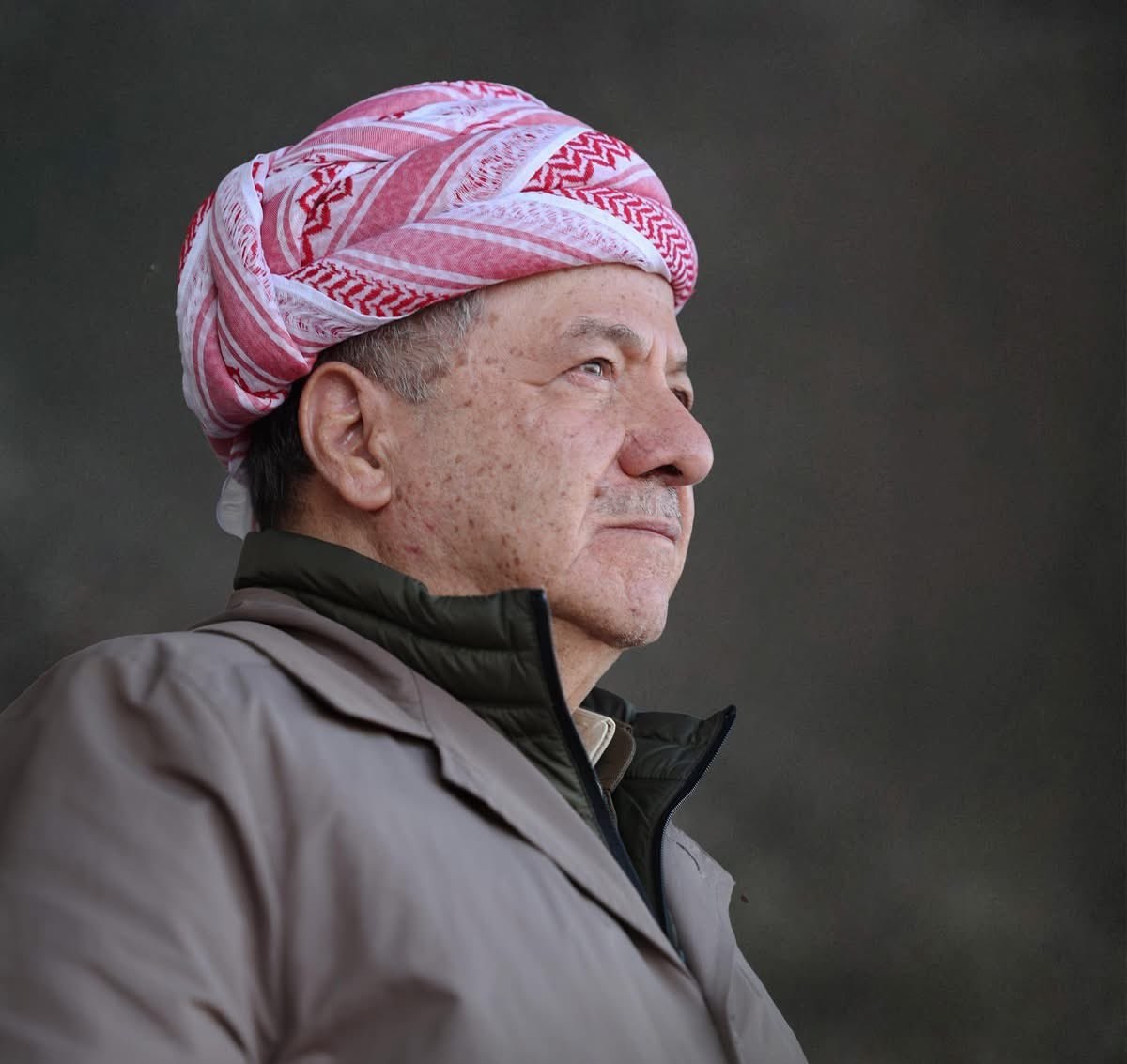The U.S. Under Secretary for Civilian Security, Democracy, and Human Rights Uzra Zeya delivered remarks commemorating the 10th anniversary of the Yezidi genocide at the Lalish Yezidi temple on May 10 and called on Baghdad to “address concerns over the role of militias in areas liberated from ISIS such as Sinjar, the Nineveh Plain, and the homelands of other components of Iraqi society.”
Profoundly moved to end my Iraq stay in Lalish, where I visited a historic Yezidi temple to commemorate 10 years since the ISIS genocide against Yezidis and other religious and ethnic groups. The ?? will never forget the victims and will continue to press for justice. Read my… pic.twitter.com/RmZkRqZRgA
— Under Secretary Uzra Zeya (@UnderSecStateJ) May 10, 2024
The Yezidi genocide perpetrated by ISIS in August 2014 in Sinjar resulted in the deaths of thousands of people, with many more being displaced to internally displaced person (IDP) camps in the Kurdistan Region.
“The negative impact of militia groups on the security and stability of communities prevents IDP returns and stymies local communities’ economic development. Addressing these issues is key to ensuring that Yezidis and other IDPs can safely and voluntarily return to their homes,” she said in her speech.
In October 2020, the Iraqi federal government and the Kurdistan Regional Government (KRG) signed the Sinjar Agreement with support of the UN in order to stabilize the situation in the Yezidi-majority region of Sinjar and remove militias. So far, the agreement has not been fully implemented and over 100,000 Yezidis remain displaced in camps in the Kurdistan Region.
Read More: U.S. Envoy Visit Underlines Support of Prosperous Kurdistan
On May 9, KRG Prime Minister Masrour Barzani and Under Secretary Zeya also discussed the implementation of the Sinjar Agreement, “the removal of militias and unlawful groups, thereby facilitating the stabilization of the region, the reconstruction of Sinjar, and the voluntary repatriation of refugees.”
“We have encouraged the government to make meaningful progress on appointing a mayor in Sinjar, to continue recruiting a local police force in Sinjar, and to enhance funding for reconstruction and service ministry staff deployments in underserved areas,” Under Secretary Zeya said.
She also underlined that the United States “wishes “to see survivors and all displaced persons safely and voluntarily return home, to sew the fabric of Iraqi society back together.”
The Iraqi government aims to close all the IDP camps in the country by the end of July 2024, while the Iraqi Council of Ministers has decided to provide financial compensation to IDPs to help them return to their areas of origin.
Read More: Welcoming the Displaced: U.S. Consul General Praises Kurdistan Region
However, KRG officials have emphasized that they will not forcibly return IDPs to their areas of origin.

